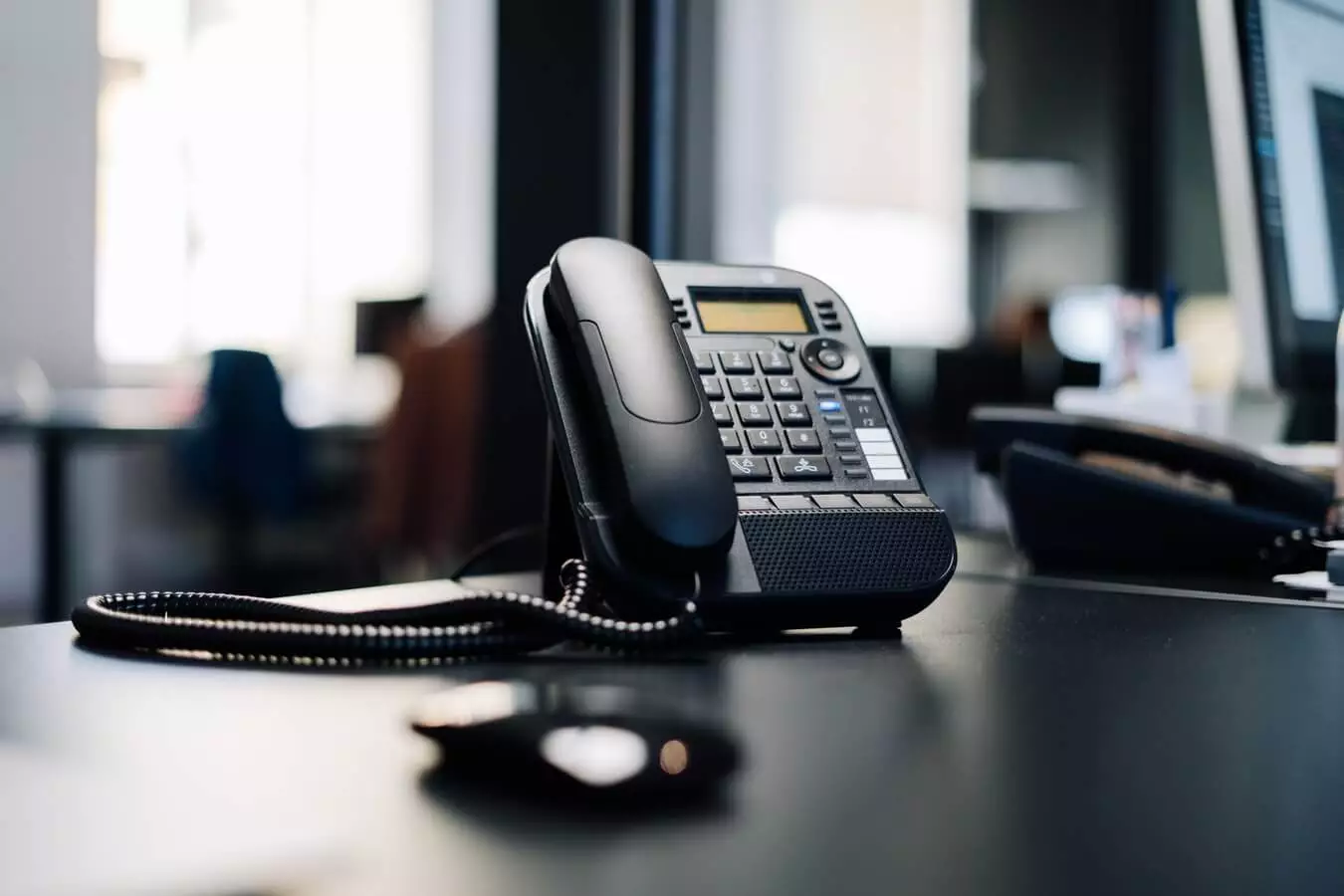VoIP can’t run without a web connection.
You can place VoIP calls from the web. Instead of being conveyed over simple analogue telephone lines, they require a web connection for transmission over an internet connection. It shows that if the web connection is lost or goes down, the VoIP service cannot make calls.
With the extra facilities, you get from some Hosted PBX via VoIP or at times with specific SIP trunking service, you can have a backup plan that can facilitate routing all calls to another number, either at your company’s office or one of its branches. That can assist in both power shutdown and web connection loss.
You can also install the VoIP backup to provide automatic service, or you may set it up in a way that you can utilise it when the power source shuts down. The hosted PBX gives you the chance to sign in to an online interface and apply a configuration by yourself rather than trusting anyone else to do it for you. You can do this from a cell phone, web connection or a laptop.
There is no definitive answer to this question. The primary criteria for VoIP to keep running is a quality web connection. However, various methods can be used to keep your VoIP system running in the event of a lost web connection. These include backup copper lines, failover options, and hosted PBX solutions. Each business will have different needs, so it’s necessary to consult with a VoIP provider to find the best solution for your specific situation.
Even if your business does not rely heavily on internet-based services, it’s still a good idea to have a backup plan in place. That could mean having an alternate means of communication ready to go, such as cell phones or text-to-speech devices. In some cases, a web connection may be too unreliable as your primary communication line, but you might have the option to use it for things like email and social media updates. It would be best to consider how many people must have access to those services, as some VoIP providers restrict the number of connection lines a user can have at one time.
If your business does not need a web connection to keep running, you will have more options when choosing VoIP. For example, an older legacy PBX setup might work perfectly well without connecting to the internet. Though, that could come with several drawbacks, such as having software that no longer has support from its manufacturer.
While the primary criteria for VoIP to keep running is a quality web connection, one of the inquiries from potential VoIP clients is if a VoIP can run without the web.
Methods to Let your VoIP Facility Running Without a Web Connection
The primary reason for discontinuity in the service of VoIP phone facility is the internet shut down. Below are some of the methods of keeping your VoIP phone up and working even when your web connection is not active.
- Keep a backup with copper lines.
- Create failure managing services in every consumer’s setup.
- Host a PBX and provide services for inactive connections.
When you have access to a wireless router and a network, you can wirelessly utilise the VoIP phone. When you are travelling, you can benefit from the VoIP service with the help of public WiFi connections, but you might need to configure this with your VoIP service provider, and it may come with more price.
There is also an option for installing a WiMAX extender that enhances signals up to more than seventy kilometres. So you can utilise your regular VoIP service locally.
Conclusion
Web-based phone systems typically utilise Voice over Internet Protocol or VoIP, which utilises the web to route calls instead of standard telephone lines. If your company works with a hosted PBX via VoIP, you can set up a service that automatically routes calls to another number in case of an internet outage. This way, customers and clients won’t be disconnected from your business even if they can’t access the internet on their end.
There are several ways to keep your VoIP phones running even when your web connection is not active. One way is to use a wireless router with a network. That will allow you to utilise your VoIP phone wirelessly. Another option is to install a WiMAX extender, which will boost the signal up to more than seventy kilometres. That will let you use your regular VoIP service even when travelling.
Finally, you can also configure your VoIP service to work with public WiFi connections. This may come at an additional cost, but it can be a beneficial option when travelling or in other situations where you do not have access to a wired internet connection. Using one of these methods lets you keep your VoIP phone service running even when you do not have a web connection.
When you have access to a cell phone internet connection, you can wirelessly utilise the VoIP phone. Moreover, when you are travelling, you can benefit from the VoIP service if you have access to a secure and reliable internet connection.




